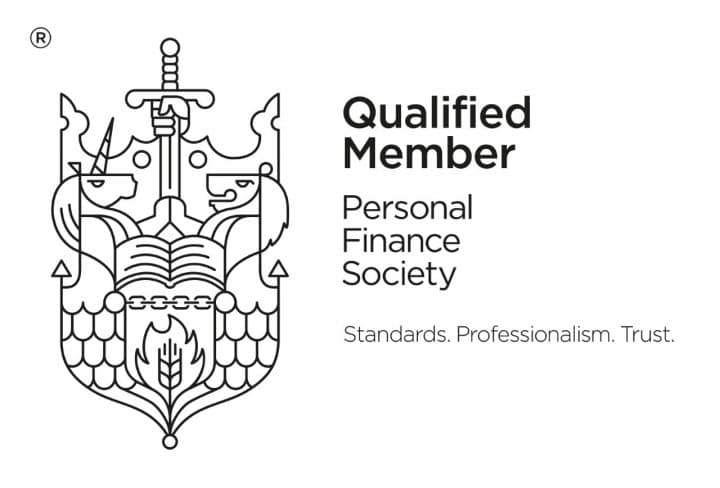Getting financial advice can be daunting, but the first hurdle is just knowing what to look for when trying to find someone.
Getting financial advice can be daunting, but the first hurdle is just knowing what to look for when choosing an adviser.
This guide shows 7 key things to look for before proceeding with advice:
- Big or boutique?
Small firms can run the risk of a lack of oversight, supervision and control. Quality of work can be inconsistent, but more importantly there can be a lack of expertise and resources for them to fall back on.
Larger firms however can often offer a ridged service, without flexibility or a personal approach.
You can have the best of both worlds. Go for a firm that offer a personalised service, whilst being part of a ‘network’. A network is typically a large corporation that ensures consistent processes are followed.
- Are they a Specialist?
There are many types of advisers and most choose to specialise in an area. You can find Mortgage Advisers, Retirement Planning Specialists, Investment Advisers…and the list goes on.
There are also some firms who provide ‘holistic advice’, which means they are able to consider all aspects of your financial position, needs and review everything as a whole rather than individual areas.
But what if they lack expertise in a complex topic, you need help with? Well then you need to ask yourself, are they team?
- Are they a team?
Most technical advice work happens behind the scenes, it’s important to know that advice is a team effort. I am also dubious about advisers who claim to have all the answers. The Financial Adviser is the conductor that plays the orchestra, they create a ‘Financial Plan’ and then research and strategy designed to achieve your goals. They work with administrators, paraplanners and technical experts.
Having access to leading specialists is essential. As such, we believe this is another important point in engaging the services of an adviser that is linked to a network or larger company.
- Are they flexible?
Advice can be expensive, partly because it is an added value service. As a paying customer, you should expect flexibility, personalisation and consideration of your needs in how the process and service should work for you.
Do you need regular review meetings? Do you want to be able to pick up the phone to your adviser at short notice? Need an out of hours appointment or face to face meeting? Make sure you get an understanding of what service you can expect to receive.
- Are they qualified?
Every adviser must meet a minimum standard which includes rigorous entry exams to be an adviser and subsequent evidence of their ‘continued professional development’. They must also be regulated by the Financial Conduct Authority (FCA). You should use the below link to assist you with this:
https://register.fca.org.uk/s/
Advisers also get a yearly confirmation that allows them to continue to advise, which is called a Statement of Professional Standing (SPS). This is similar to a driving license that needs to be renewed every year. An up-to-date SPS should give you confidence they’ve kept in touch with the changing market, legislation and tax landscape.
- Independent or Restricted?
Independent advisers (IFA’s) look at the whole market when delivering advice to a client.
Restricted advisers are only authorised to provide advice and recommendations from the products and services of the organisation they represent. They may have access to a panel of product providers which will get reviewed on a regular basis to reflect changes in the market and what they feel best serves their clients.
As such, outwardly there is little difference from the client’s perspective and the differentiation is more about how widely and with whom the research and analysis is performed for each recommendation.
- Do you like your adviser?
The most important thing for you to consider is have you found the right person for the job? Advice isn’t transactional, and most clients work with advisers for many years and this can often become intergenerational, with advisers helping a client’s children and also the grandparents. What this means is you have to find someone who works well for you, that you trust and are compatible with.
Buy the individual, not the brand.
Your home may be repossessed if you do not keep up repayments on your mortgage
The value of an investment can fall as well as rise. You may get back less than you invested.






